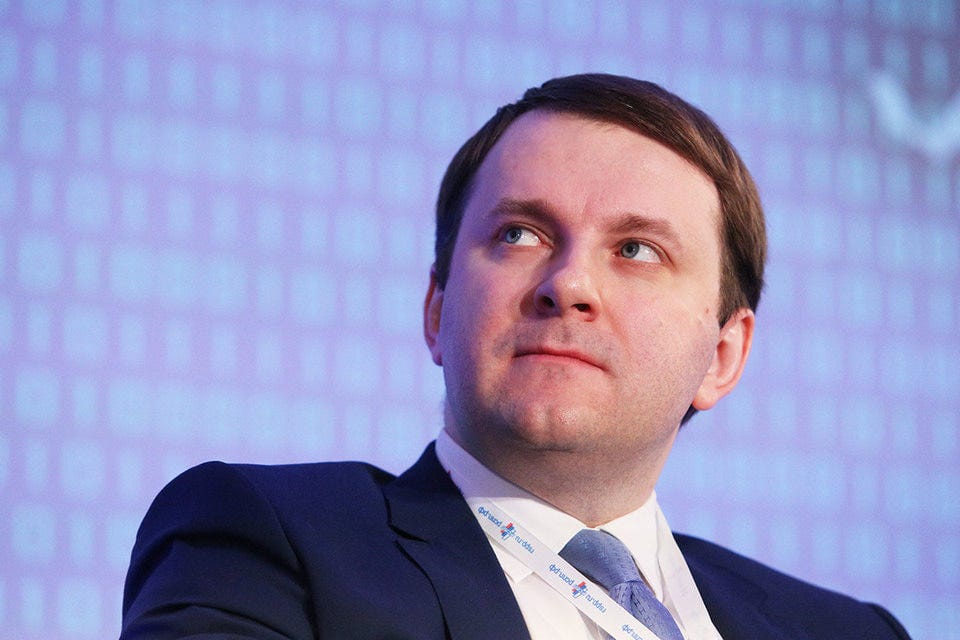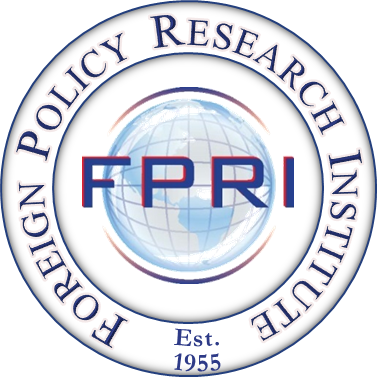Representing VK (Where Crooklyn at?)

HAPPENING TODAY
VKontakte faces its first-ever data law suit — Sberbank and CBR butt heads over cybersecurity — and oil companies agree to lower domestic gas prices.
Markets
USD to RUB: 65.6616 (.33%)
BRENT CRUDE: 74.55 (.65%)
IMOEX: 2342.32 (.44%)
RTS: 1123.73 (.22%)
Top Story
VKontakte faces first-ever data law suit
NEWS: A member of Navalny's team is suing VKontakte for releasing data to law enforcement.
INSIGHT: It's unsurprising that a member of Navalny's team would look to sue, but this news is significant because it's the first time a company has been sued for unlawfully sharing private user data. The courts are undoubtedly not going to penalize VK, at least meaningfully, but the case is a chance to build up precedent. Even if the courts stand with VK, more and more of these nuisance suits would produce moral outrage quite difficult for the Kremlin to control or temper. Watch this suit, as well as how other players in tech and social media like Telegram try to spin the situation. Legal precedents can have an inverse effect -- showing people how the state is willing to exploit their data.
CONTEXT:
The lawsuit alleges that VKontakte released information about the plaintiff to an employee of Bashkortostan's Counter-Extremism Center last January, even though the employee did not tie his request to a specific criminal investigation (as is required by law).
The plaintiff alleges that the reason the request did not cite a specific investigation for a criminal or administrative offense was that the Counter-Extremism Center was interested in her because of her political activity.
In October, VK created a privacy policy in response to complaints about its handling of data. It will hand over almost everything (including telephone numbers, IP addresses, and login information) without a court order -- except private correspondence.
Russia's law on extremism used to require criminal penalties for liking or reposting "extremist" content. After the issue was brought up during the Direct Line with Putin in June, it looks like "extremist" social media posts will only be punished after multiple offenses and only with administrative penalties.

Snapshot: Russia doesn't make ‘Doing Business’ top 20 [RUS]
Russia rose four places in the World Bank’s ‘Doing Business’ ranking to 31st position. Six years ago, Putin set of goal of reaching 20th position by this year. (Photo: Andrei Gordeev / Vedomosti)
Chart: State revenues strong for 2018 [RUS]
Title: Revenues and Expenditures of the Federal Budget (trillions of rubles)
Tan: Revenues
Orange: Expenditures
* budget law
** draft budget law

What They're Saying
"You can imagine one huge Russian world, which was never built exclusively and solely on ethnic, national, and religious lines."
- Vladimir Putin, on the Russian world
Digital Economy
Sberbank, CBR butt heads over cybersecurity
NEWS: The Central Bank of Russia (CBR) sent a letter to Deputy PM Maksim Akimov in August requesting that it be given responsibility for the cybersecurity prong of the Digital Economy plan, a role that is currently filled by Sberbank.
INSIGHT: The CBR would greatly benefit from a role in cybersecurity given that it's got its own representatives spread throughout the banking sector now and has put its biometric data for mobile banking into motion. There are clear conflicts of interest for Sberbank, which can use its jurisdiction to propose security measures that will bankrupt or else saddle small competitors with spending and onerous requirements. Looks like the CBR is trying to reduce the damage done by its bank consolidation and by the lack of transparency for big banks associated with sanctions-proofing measures.
CONTEXT:
The CBR sent a similar letter to Prime Minister Dmitry Medvedev in January. A month after sending the August letter, the CBR followed up with the organization responsible for the Digital Economy initiative, which promised the issue would be discussed at the next board meeting.
The CBR argues that it already monitors and responds to cyberattacks against financial institutions, so it should have control over cybersecurity for the entire sector. It also argues that the task is more appropriate for a government agency than a private bank.
Natalya Kasperskaya, head of the Digital Economy working group on cybersecurity, told Vedomosti that the current center run by Sberbank is doing just fine. An industry consultant, on the other hand, noted that it might make more sense to centralize cybersecurity functions under the CBR.
This is not the first time the CBR and Sberbank have clashed. In recent months, they have competed to create a biometric data system for banks, a rapid interbank transfer system, and a platform for exchanging cybersecurity information.
Diplomatic Agenda
Nov. 1: A delegation from the Baltic states visited Crimea for the first time since 2014.
Late November: Iranian officials have told Iranian press that representatives from Russia, Iran, and India will meet to discuss the North-South Corridor within the next month, proposing Nov. 23 as a date.
Nov. 2: A military delegation from Serbia will visit Ekaterinburg to observe military exercises.
Energy
Benzine price deal reached with industry
NEWS: At a meeting with Deputy PM Dmitry Kozak last night, Russia’s largest oil companies agreed to lower wholesale prices on gasoline and diesel until the beginning of 2019. Starting next year, they will limit price growth to the rate of inflation. The deal ends in March 2019 but may be extended.
TAKEAWAY: Rosneft's proposal to set a requirement for firms to sell a percentage of the oil they extract to make refined products bound for the domestic market hasn't been accepted yet, but expect it to linger. Doing so would give Rosneft a huge leg up in Russia given how much production it controls, while allowing it to target exports for Europe and China. The forced reduction in wholesale prices dodges export duties, but it's a poor fix that will make way for further informal dealing on the commodities exchange likely to privilege the biggest state firms.
CONTEXT:
Per the agreement, oil companies will be required to sell fuel at June 2018 prices for the remainder of the year at volumes 3% greater than in 2017. They are also required to sell to independent gas stations at frozen prices but do not need to increase sales to them.
Rosneft proposed a requirement that firms sell 17.5% of produced oil on the domestic market. The proposal was not accepted, but Kozak said discussions will continue.
The impetus for the deal was the government’s recent threat to implement a protective export duty on oil products. Kozak made it clear that the option remains open if the companies do not fulfill their promises.
Experts worry that the deal—effectively the start of direct state regulation of the fuel industry—may lead to a shortages in the long term.
OTHER STORIES
Hedge Lord: Russneft is bleeding money on supply contracts signed with VTB and Promsvyazbank pegging oil at $35 a barrel through 2020.
Tax My Mattress: Businesses are increasingly unhappy with Russia's tax code, arguing that it no longer serves a function for direct policy or law because it's changed too much and too frequently.
You Know The Drill: The US has, per EIA data, officially overtaken Russia in terms of daily crude oil production.
OPINION / ANALYSIS
Vedomosti’s editorial board asks: who is Russia's economic growth for? The economic successes that the government boasts about have not translated into optimism among ordinary Russians. [RUS]
As producers warn consumers of upcoming price increases on basic goods like bread and sugar, the government has decided to boost environmental protection fees. According to Novaya Gazeta columnist Arnold Khachaturov, the protections are just another way for the government to take money from the people. [RUS]
The New York Times covers speculation that the real owner of a small Finnish island may be the Russian military. [ENG]
Marlene Laruelle writes that, for Putin, size matters. By his logic, it is impossible for Russia—a country that covers 1/6 of the Earth’s surface—to hold anything less than immense global influence. [ENG]
Founded in 1955, the Foreign Policy Research Institute i

s dedicated to bringing the insights of scholarship to bear on the foreign policy and national security challenges facing the United States. It seeks to educate the public, teach teachers, train students, and offer ideas to advance U.S. national interests based on a nonpartisan, geopolitical perspective that illuminates contemporary international affairs through the lens of history, geography, and culture.
To keep up with FPRI daily, be sure to follow us on Twitter @FPRI and Like us on Facebook — joining our more than 250,000 fans worldwide!
For more information, contact Eli Gilman at 215-732-3774, ext. 103, email fpri@fpri.org, or visit us at www.fpri.org.




